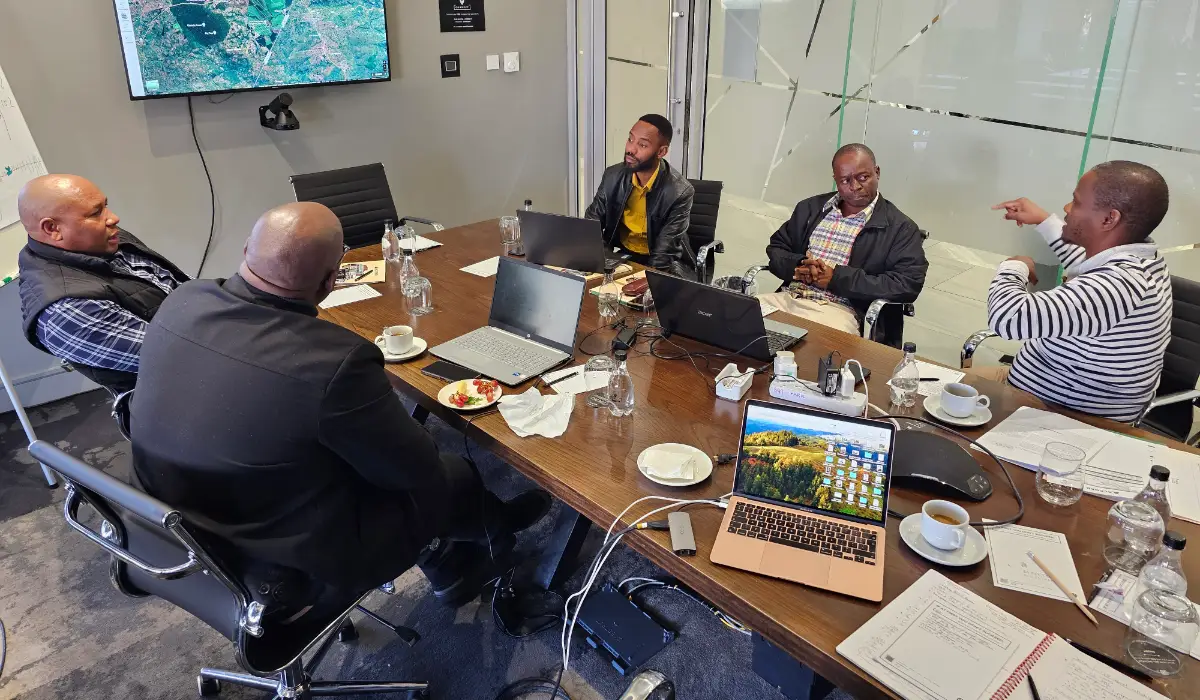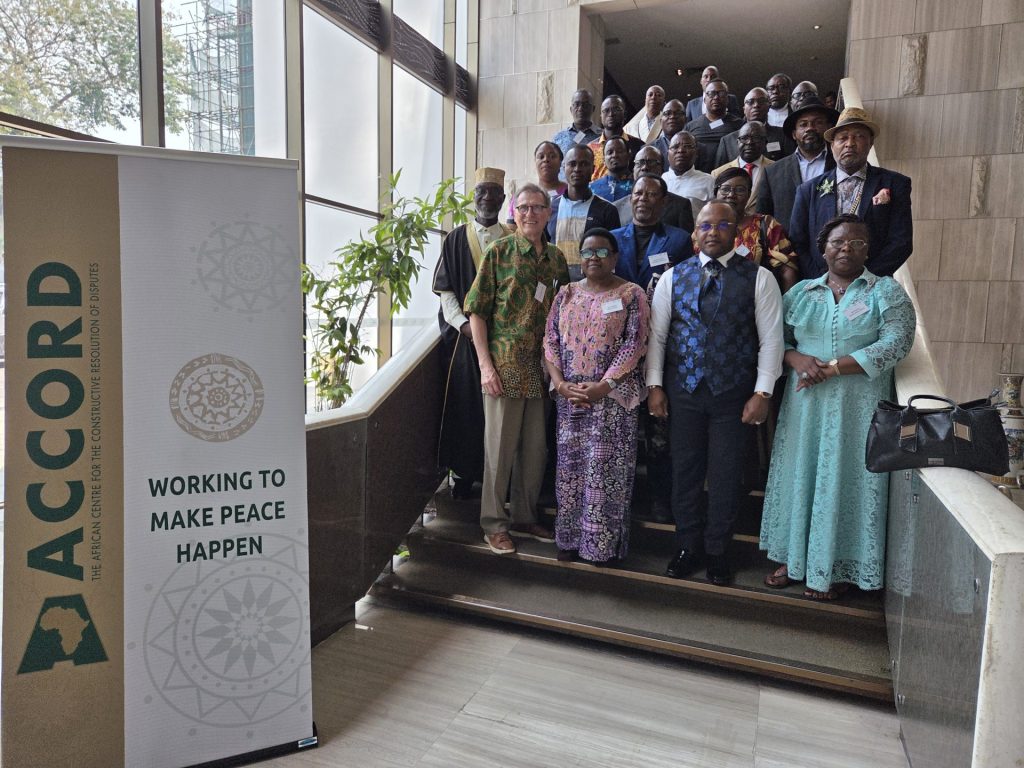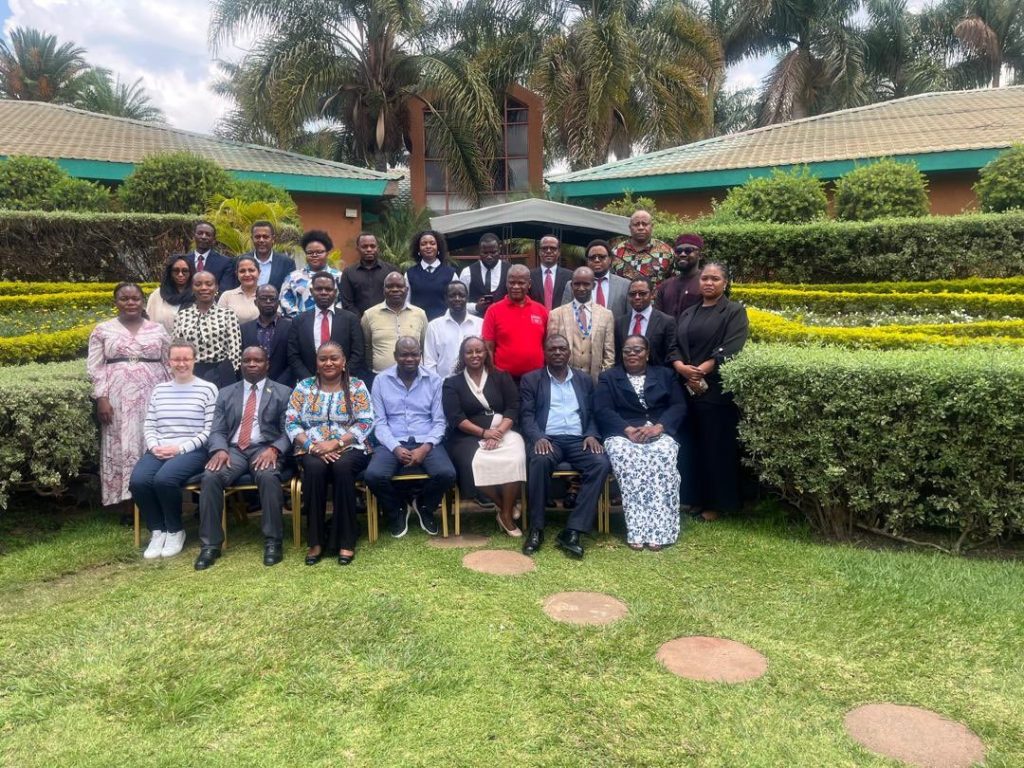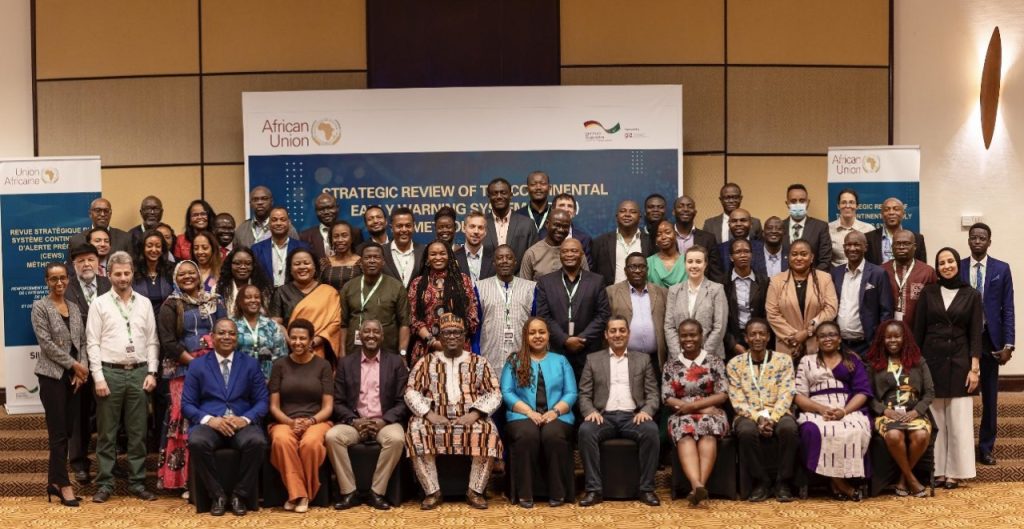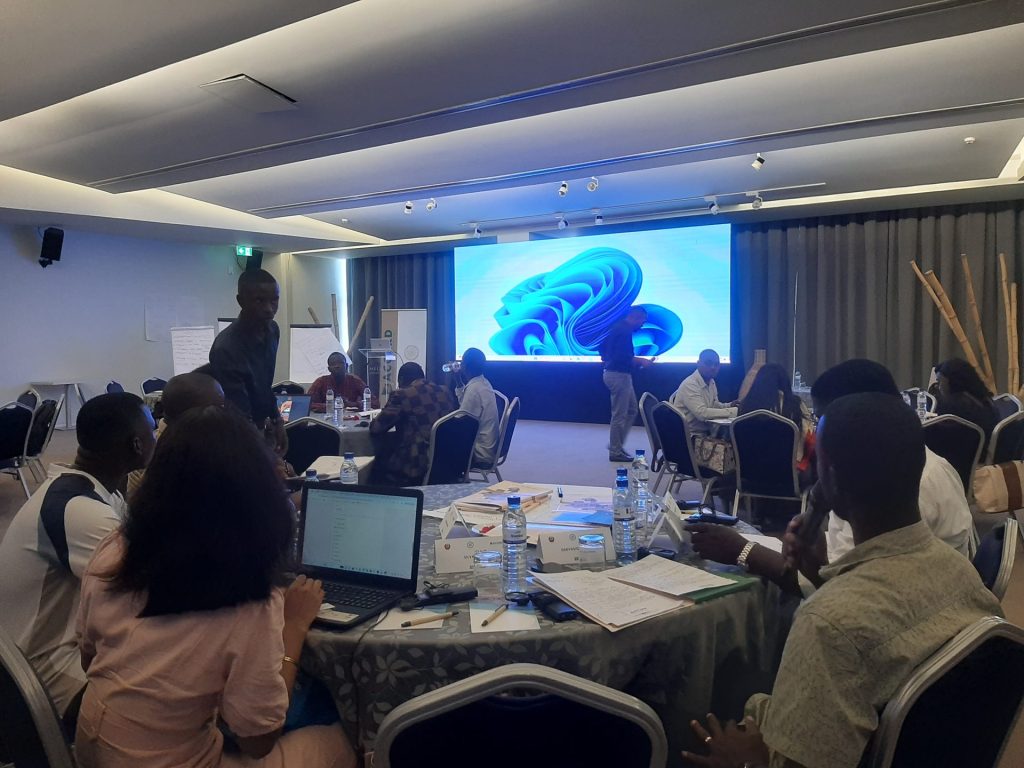ACCORD, as a founding partner in the Steering Committee of the Southern Africa’s Borderline Communities Research Network (SABCRN or ‘the Network’), convened a meeting with fellow committee members, the Council of Swaziland Churches (CSC) and Moshoeshoe I Institute for Peace and Leadership (MIPL). The meeting took place in Johannesburg, South Africa on 1 – 2 July 2024.
The purpose of this meeting was to reconvene and reengage the Steering Committee to finalise the project documentation with the consultation of an expert resource person, and to prepare for the first field studies. The meeting provided an opportunity for all partners to further develop and finalise the essential project documentation; work towards concluding an implementation plan, as it relates to the proposed field studies; and determine partner deliverables. Expert resource person Mr Owen Mangiza, Lecturer in the Department of History and International Studies at Midlands State University in Zimbabwe engaged with the partners to ensure that the deliberations and subsequent development of the documentation centred on the latest academic discourse on borderline communities and related topics.
The Steering Committee reaffirmed their commitment to promoting evidence-based policy interventions in borderline communities. This commitment aims to foster resilience, sustainable peace, and development in these regions. The meeting’s agenda included a comprehensive review and debate over several core project documents, including the Concept Note, Project Briefing Note, Literature Review Outline, Preliminary Literature Review, Researchers Guidance Note, and Field Research Methodologies and Processes. Insights and anecdotes shared by the Steering Committee members during discussions enriched the geopolitical and socio-economic contextual understanding of borderline communities, enhancing the project’s depth and direction. Moreover, the committee identified four initial border areas of research interest for the upcoming field studies, focusing on specified borders in eSwatini, Lesotho, South Africa, Zimbabwe, and Mozambique. This ongoing collaboration highlights the Network’s dedication to addressing the unique challenges faced by borderline communities through informed and strategic interventions.
The project aligns with ACCORD’s current five-year institutional strategy, specifically Strategic Objective 5 aiming to produce evidence-based knowledge and analysis. It seeks to provide evidence-based knowledge to inform national and regional policies on the resilience of borderline communities, the socio-economic potential in these areas, and how social hardships can be alleviated at a community level when properly harnessed. Additionally, the project is aligned with Sustainable Development Goal (SDG) 16 focusing on ‘promoting peaceful and inclusive societies for sustainable development’ as well as building effective, accountable and inclusive institutions at all levels of society.

